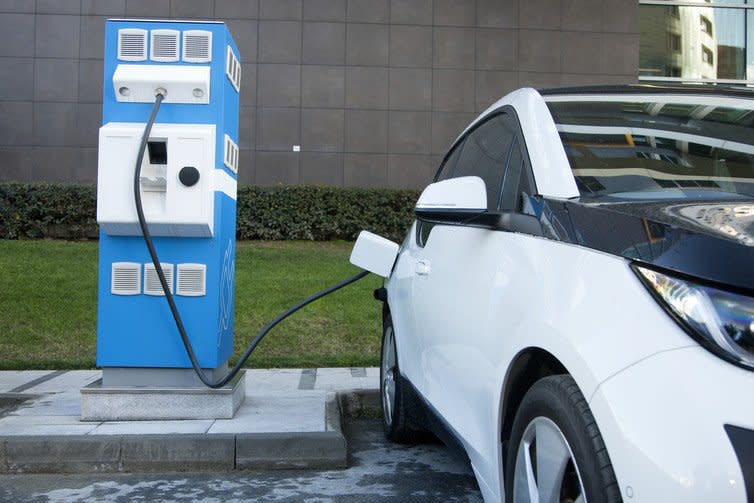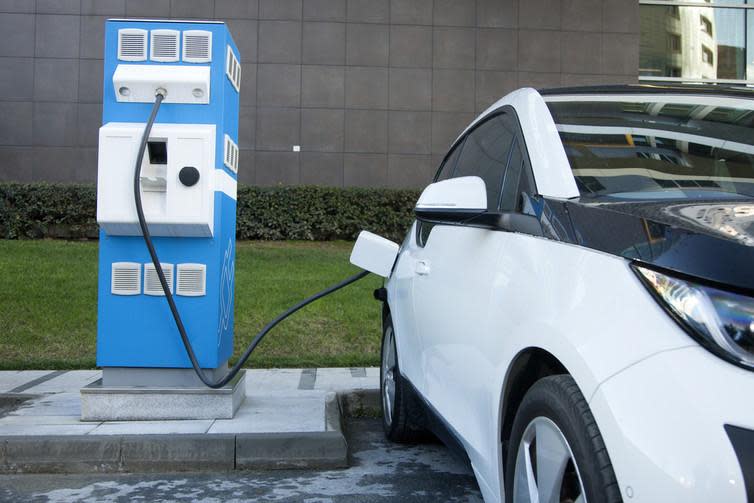Government grants for low-emission cars slashed early after spike in demand
Government grants for new low-emission cars have been cut at an earlier date than originally proposed because of an unprecedented spike in demand.
The amount of money available for purely electric vehicles has been reduced, while hybrid models are no longer eligible for the grant scheme.
When the Department for Transport (DfT) announced the changes on 11 October, it said they would not come into effect until 9 November unless subsequent sales were “higher than expected”.
But in the following days grant-eligible vehicles were sold at a rate that was more than six times higher than normal, causing officials to put the new, limited scheme in place on Sunday.
An average of 900 grants at the previous more generous levels were claimed each day since the changes were announced, compared with 140 during the first six months of 2018.
The government had offered cash incentives through the plug-in car grant since 2011, as it encouraged people to invest in greener cars.
Cars included in the scheme were previously divided into three categories based on their CO2 emissions and zero-emission range.
Motorists who bought Category 1 cars, which were purely electric, could claim up to £4,500 towards the cost of purchase. Grants of up to £2,500 were offered for hybrid cars, which formed Categories 2 and 3.
Following the changes to the scheme the maximum grant for all-electric vehicles will be £3,500. Hybrid cars will no longer be eligible for any funding.
“Following exceptional demand, the sales cap for all vehicles eligible for the grant has been reached, and the new grant rates are now in effect,” a DfT spokesperson said.
“These changes will allow us to focus support on zero-emission vehicles, such as pure electric and hydrogen fuel cell cars.
“Hybrid vehicles will continue to be supported through lower car tax rates, grants for charging infrastructure and local incentives such as free parking.”
Nicholas Lyes, the RAC’s head of roads policy, called the decision a major blow. He said it made ”little sense when we need to focus our efforts on lowering emissions from vehicles”.
He added: “Of particular concern, some popular zero emission capable plug-in hybrid models will lose their plug-in car grant altogether. With up-front costs still a huge barrier for those hoping to switch to an electric vehicle, this move from the government is a big step backwards.”
Figures from the Society of Motor Manufacturers and Traders showed the market share of electric and hybrid cars last month was 6.9 per cent, up from 5.3 per cent in September 2017.



